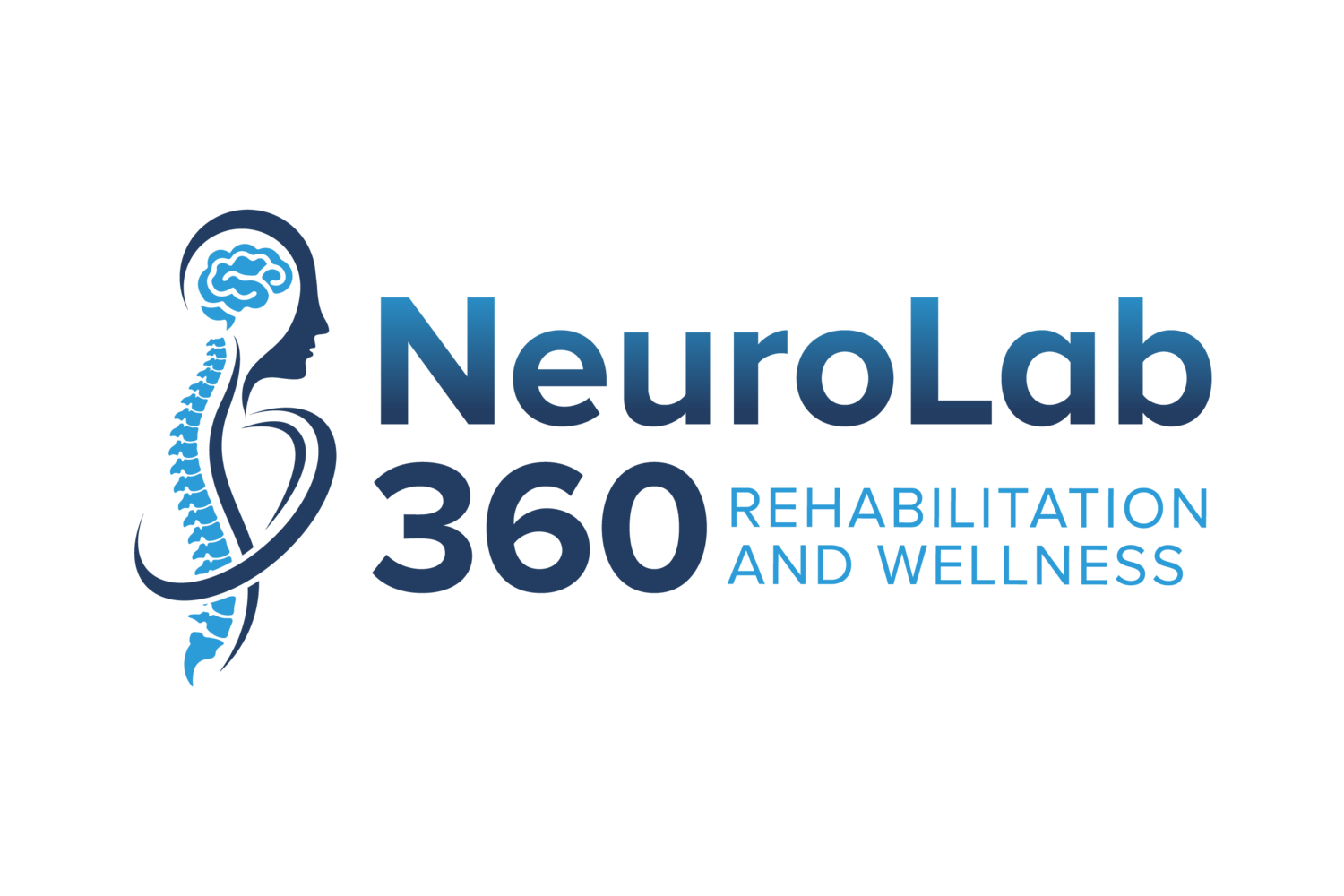Feeling Dizzy?
There are many different things that can cause dizziness. In this blog post we will discuss some of the most common diagnoses we, as therapists, see in the clinic.
BPPV
BPPV stands for Benign Paroxysmal Positional Vertigo. This is one of the most common causes of vertigo. BPPV causes brief episodes of vertigo (usually lasting less than a minute) which are triggered by head movement or positional changes. BPPV occurs when otoconia within the inner ear become dislodged and begin free floating in fluid within the inner ear canal. These otoconia impact fluid movement within the inner ear resulting in false signals being sent to the brain. This false information causes the brain to perceive spinning or vertigo. Stay tuned for our next BLOG POST to learn more!
Neuritis / Labyrinthitis
Neuritis and Labyrinthitis are both caused by infection that affects the inner ear and nerves within it. Inflammation can disrupt communication between the peripheral vestibular system and the brain. This can cause a period of intense vertigo followed by dizziness and imbalance. Symptoms often increase with head movement.
Neuritis is specific to the inflammation to the vestibular nerve within the inner ear.
Labyrinthitis is specific to inflammation to the labyrinth within the inner ear. Individuals often experience hearing loss.
Migraine
Migraines are a neurologic disorder that often causes a severe headache. Individuals may have associated symptoms of nausea, vomiting, or sensitivity to light. A vestibular migraine may or may not be associated with a headache. Individuals will experience vertigo, dizziness, imbalance, or sensitivity to complex visual environments and motion. It is thought that vestibular migraines are caused by the overlapping pathways of pain and vestibular input to the brain.
Anxiety
Lightheadedness, dizziness, or imbalance are all possible symptoms associated with anxiety and panic attacks. It is thought that the area of the brain that interacts with the vestibular system can interact with the area responsible for anxiety, causing both symptoms.
Mal de debarquement
Mal de debarquement is a disorder that impacts the vestibular system, causing a perception of self-motion. Individuals often feel a sense of rocking or swaying, with an increase in symptoms when individuals are not in motion. Onset of symptoms can occur after water-based activities or airplane travel.
3PD - Persistent Postural Perceptual Dizziness
3PD is a constant feeling of dizziness or imbalance. Individuals can experience symptoms when stationary, moving around, or with busy environments. 3PD can occur after a problem with the vestibular system and usually persists after.

